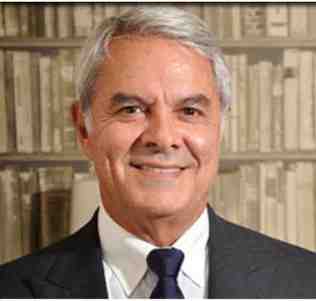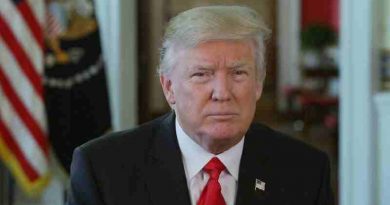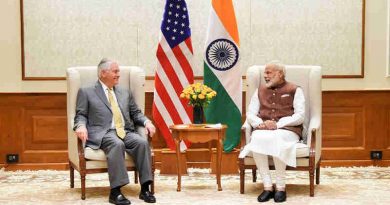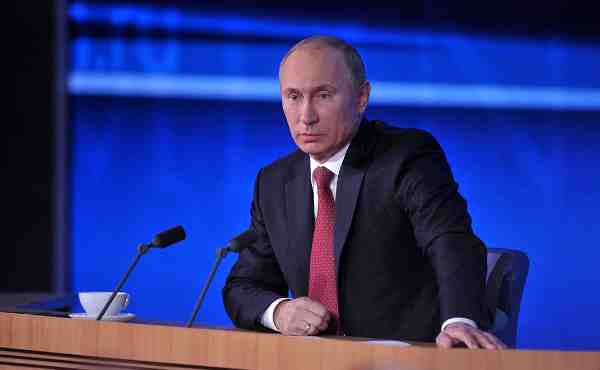Will Iran Adhere to Its Part of a Nuclear Deal?

By Dr. Behrooz Behbudi
Dr. Behrooz Behbudi offers his opinion on the recent nuclear negotiations involving Iran:
As on Monday in Geneva, Iran’s delegation entered talks with world powers to hammer out a lasting nuclear deal ahead of a deadline of 24 November, the commander of Iran’s Revolutionary Guard, Brigadier Mohammad Ali Jaffari declared that “despite the incompetence of our nuclear negotiating team, we have managed to humiliate the Americans at the talks as we always face them as our sworn enemy”.
Last week the Guard’s Central Command had issued a statement that said the U.S. remains the Islamic republic’s main adversary and that Tehran’s long-term regional foreign policy is to throw the American forces out of the Middle East region.
The apparently uncompromising statements coincided with a Reuters report on a leaked document from the UN Atomic Energy Agency that Iran has actually stepped up its nuclear enrichment activities while supposedly under an interim agreement not to do so.
It may have been the combination of these worrying developments that made President Obama dampen hopes of reaching a historic deal over Iran’s nuclear program when he warned that “we may not be able to get there as big gaps still remained between the negotiating teams”.
In their current negotiations with Iran about its nuclear ambitions, world powers, led by the Obama administration, ignore a crucial fact that Iran’s political decision-makings are not run from the office of its President, but the household of the supreme leader ayatollah Ali Khamenei (Beite Rahbari), who in turn is ruled over by the Revolutionary Guard or Pasdaran in Persian language.
Born as a volunteer militia in the heat of the 1979 revolution, the Guard has gradually turned into a military and business conglomerate that, with many of its members as “soldiers turned politicians” in key ministries and the Majles (parliament), effectively controls Iran’s economy, industries, intelligence communities and foreign policy.
In an interview with the Guardian, Mohsen Sazegara, an exiled Iranian dissident who helped found the Pasdaran, calls it “an Iranian version of the Soviet-era KGB”.
When in 2012 Hillary Clinton said that Iran “was heading to military dictatorship” she was rather late to realise that the process had already taken place years earlier when the Pasdaran became close business and ideological partners of the Russian and Chinese military and nuclear industries and that today they have the last say on these issues in Iran.
It is within these circumstances that the Rouhani government entered this latest phase of nuclear negotiations immediately after assuming power in 2013.
While Rouhani has tied up the success of his administration to ending the paralyzing international sanctions on Iran through a nuclear deal, the stakes are even greater for the Guards as Iran’s “reformists” seek to use the rewarding economic and political outcome of such a deal to strengthen their position within the political leadership structure to the extent of breaking the taboo of re-establishing diplomatic links with the U.S.
However, with the latest much publicized reports on the deteriorating health of Khamenei, the question of who would succeed him has inevitably come to the fore, with the Guard vying to secure their power bases in the post-Khamenei era.
While the names of a few potential successors have been circulating in private in Iran, however, as with all authoritarian regimes, Khamenei clearly displayed his own candidate last week when Qassem Suleimani, the elusive commander of the Guard’s Quds Brigade, for the first time ever sat next to the supreme leader in a televised ceremony commemorating the religious mourning day of Ashura.
The Obama administration and other world powers may be negotiating with the civilian diplomats of the Islamic republic regime to arrive at a nuclear deal on paper, but they will have to deal with the Pasdaran to make it work.
The comments of their commander General Jaffari should give an indication of what the Iranians and the world can expect from them in that respect.
Dr. Behrooz Behbudi (pictured above) is the founding president of both the Centre for Democratic Iran (CDI), a non-profit organisation whose mission is to promote and pursue an independent, peaceful and democratic Iran; and Global Unity Partnership, a Canadian-based nonprofit body that provides humanitarian relief to the people of countries affected by war or natural disasters.
The views expressed in this article are his own.





